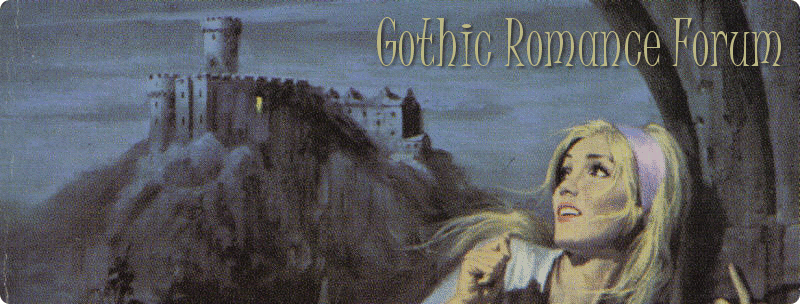11-27-2007, 12:33 AM
Well, here's my opinion. Beware, there may be spoilers.
I'm currently re-reading Rebecca and am about half-way through. Once I'm done, I'll know how it stands in relation to Jane Eyre. The one book I can honestly say does not resonate with me is The Castle of Otranto.
It's an interesting book and it was a quick read. But it was definitely a product of its time and not for this modern reader. The heavy emphasis was on religion and the coincidences really strained belief. But that was secondary compared to the depressing servitude of the women, particularly the mother. She would obey her husband no matter what.
As for the good vs. evil theme in the discussion, there was the old wrong by Manfred's family against the rightful heirs to the Castle. However, the real evil genius is Manfred himself who can't bear to lose his castle once his only heir dies. But he doesn't want to just marry Isabella for an heir. He is also driven by sexual lust for a younger woman. So, the villain is a power-hungry man who can't control his sexual urgings.
I would argue that Frederic becomes a temporary villain when he can't control his sexual desire for Matilda (older man, young woman again) and threatens her happiness with Theodore.
I'm currently re-reading Rebecca and am about half-way through. Once I'm done, I'll know how it stands in relation to Jane Eyre. The one book I can honestly say does not resonate with me is The Castle of Otranto.
It's an interesting book and it was a quick read. But it was definitely a product of its time and not for this modern reader. The heavy emphasis was on religion and the coincidences really strained belief. But that was secondary compared to the depressing servitude of the women, particularly the mother. She would obey her husband no matter what.
As for the good vs. evil theme in the discussion, there was the old wrong by Manfred's family against the rightful heirs to the Castle. However, the real evil genius is Manfred himself who can't bear to lose his castle once his only heir dies. But he doesn't want to just marry Isabella for an heir. He is also driven by sexual lust for a younger woman. So, the villain is a power-hungry man who can't control his sexual urgings.
I would argue that Frederic becomes a temporary villain when he can't control his sexual desire for Matilda (older man, young woman again) and threatens her happiness with Theodore.




